News
+ more news
Three new SCOR Working Group approved and funded during SCOR Annual Meeting 2020
Tuesday, 01 December 2020
We would like to let you know that three new SCOR Working Groups were approved and funded this year, with WG#161 and WG#162 having an explicit biogeochemical observing component in their proposed terms of reference.
WG #160: Analysing ocean turbulence observations to quantify mixing (ATOMIX), co-chaired by Cynthia Bluteau (Canada) and Ilke Fer (Norway)
WG #161: Respiration in the Mesopelagic Ocean (ReMO): Reconciling ecological, biogeochemical and model estimates, co-chaired by Carol Robinson (UK), Iris Kriest (Germany), and Javier Arístegui (Spain)
WG #162: Developing an Observing Air-Sea Interactions State (OASIS), co-chaired by Meghan Cronin (USA) and Sebastiaan Swart (Sweden)
The WGs were approved during the 2020 SCOR Annual Meeting which was held between the 20-22 of October. The virtual meeting was attended by 121 participants from 34 countries representing all continents. All documents and reports can be found online at: https://scor-int.org/events/2020-scor-annual-meeting/

New Webinar Series on Ocean Deoxygenation - next event on Dec 9, 15:00-16:00 CET
Thursday, 26 November 2020
The Global Ocean Oxygen Network (IOC Expert Working Group GO2NE; https://en.unesco.org/go2ne) starts a new series of webinars on ocean deoxygenation. The speakers will present latest science on the impacts of reduced oxygen in the open ocean and coastal zones. Each webinar will feature two presentations: one by a more senior and one by an earlier-career scientist. Presentations will be 20 minutes each followed by 10 minutes of moderated discussion." The second webinar of the series will take place on 9 December 2020 at 15:00 CET, and will be moderated by Prof. Andreas Oschlies (GEOMAR, Germany). Dr. Sören Thomsen (LOCEAN-IPSL, CNRS, France) will present "How fine-scale physical processes shape the oxycline off Peru," followed by Prof. Laure Resplandy (Princeton University, USA) who will give a talk entitled "Will oxygen minimum zones expand or shrink? The crucial contributions of ocean mixing and biogeochemical feedbacks."
To register for the webinar follow the link: https://register.gotowebinar.com/register/7199358458173523983
To receive information about upcoming webinars in the series please fill out the online form.
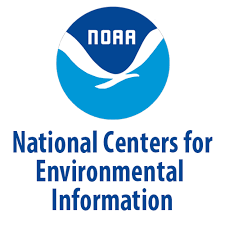
The LDEO global surface water pCO2 database Version 2019 published
Tuesday, 24 November 2020
We would like to let you know that the new version of the Global Ocean Surface Water Partial Pressure of CO2 Database (LDEO Database Version 2019) has been published at the Ocean Carbon Data System (OCADS) of NOAA National Centers for Environmental Information (NCEI). Approximately 14.2 million measurements of surface water pCO2 made over the global oceans during 1957-2019 have been processed to make a uniform data file in this Version 2019. Measurements made in open oceans as well as in coastal waters are included. The data assembled include only those measured using equilibrator-CO2 analyzer systems, and have been quality-controlled based upon the stability of the system performance, the reliability of calibrations for CO2 analysis and the internal consistency of data. 567,632 data points consisting of 158 leg/cruise segments were added in this version.
Takahashi, Taro; Sutherland, Stewart C.; Kozyr, Alex (2020). Global Ocean Surface Water Partial Pressure of CO2 Database (LDEO Database Version 2019): Measurements Performed During 1957-2019 (NCEI Accession 0160492). NOAA National Centers for Environmental Information. Dataset. https://doi.org/10.3334/cdiac/otg.ndp088(v2015).
https://www.ncei.noaa.gov/access/ocean-carbon-data-system/oceans/LDEO_Underway_Database/
https://www.ncei.noaa.gov/data/oceans/ncei/ocads/metadata/0160492.html
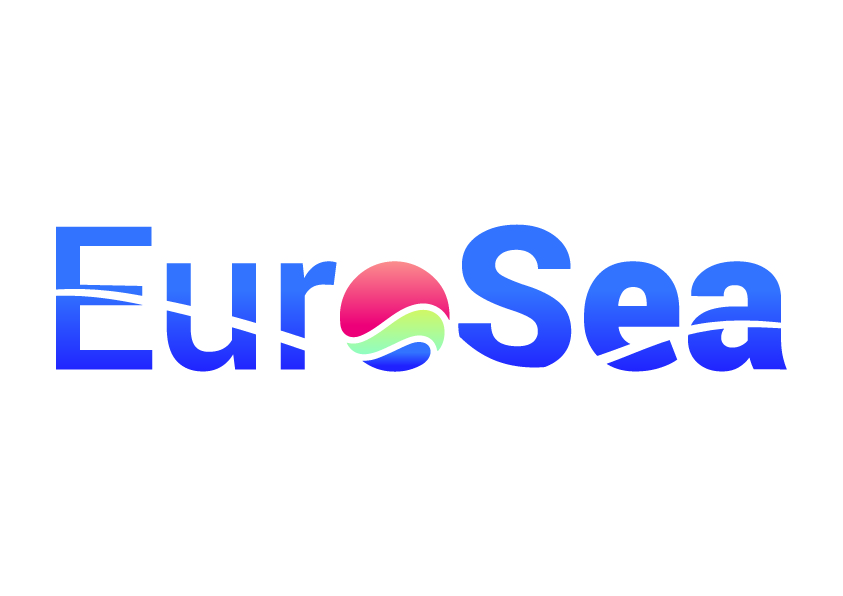
EU H2020 EuroSea Project 1st Anniversary Webinar - 20 Nov 2020, 15:00 to 17:00 CET
Monday, 16 November 2020
We would like to invite you to join a 1st Anniversary Webinar of the EuroSea Project which will take place on 20 November 2020 at 15:00-17:00 CET. EuroSea is a flagship European Union project supporting the implementation of the G7 Future of the Seas and Oceans Initiative. EuroSea helps stakeholders to co-design European ocean observing and forecasting services and products that deliver information and support decision-making in the areas of climate, coastal and maritime activities, and ocean health. This EuroSea stakeholder webinar will bring together the project’s funders and implementors as well as related European and global initiatives to discuss progress and look forward to a lasting legacy.
To view the detailed program and to register for the webinar follow this link: https://eurosea.eu/events/1st-anniversary-webinar-programme-registration/

Manuscript submission deadline extended for Frontiers Research Topic "Energy, Water, and Carbon Dioxide Fluxes at the Earth’s Surface"
Friday, 06 November 2020
We would like to inform you that the manuscript submission deadline for a Frontiers in Marine Sciences Research Topic "Energy, Water, and Carbon Dioxide Fluxes at the Earth’s Surface" has been extended to 31 March 2021. The goal of this Research Topic is to showcase work that will lead to improved estimation and understanding of the fluxes that couple the atmosphere with the ocean, land and ice. This Research Topic will cover observational, theoretical and modeling aspects of fluxes of energy (heat and momentum), water, and carbon dioxide at the Earth’s surface, including at the air-sea, air-land and air-ice interfaces. Meghan Cronin (NOAA PMEL, USA) is the lead Topic Editor, and IOCCP Co-Chair Masao Ishii is among the other Topic Editors.
For more information on the scope of this Research Topic and types of articles accepted, please see the page at: https://www.frontiersin.org/research-topics/12257/energy-water-and-carbon-dioxide-fluxes-at-the-earths-surface#overview
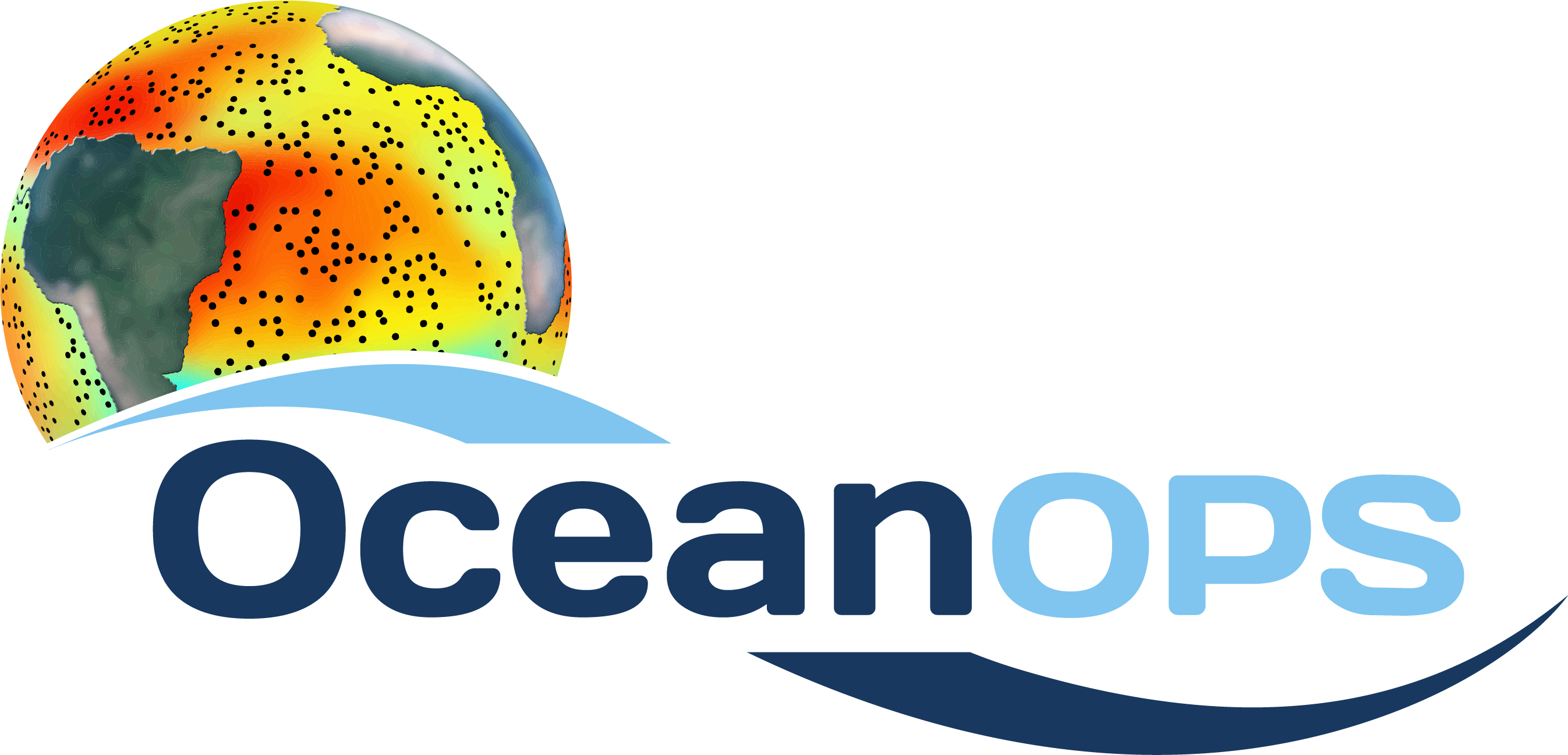
Ocean Observing System Report Card 2020
Wednesday, 04 November 2020
We would like to let you know that the Global Ocean Observing System (GOOS) Observations Coordination Group has launched a new Ocean Observing System Report Card and introduced the rebranding of OceanOPS (previously JCOMMOPS) along with its first-ever 5-year Strategic Plan (2021-2025), phased with the UN Decade of Ocean Science for Sustainable Development ("Ocean Decade"). The 2020 Ocean Observing System Report Card provides an update on the status of GOOS, including the impact of the Covid-19 pandemic on ocean observations, the advances in observing measurements and initiatives, and the connection with vital services resulting from the observations.
You can read the full announcement on the GOOS website here.
The Ocean Observing System Report Card is available at: www.ocean-ops.org/reportcard2020
The OceanOPS 5-year Strategic Plan (2021-2025) is available at: www.ocean-ops.org/strategy
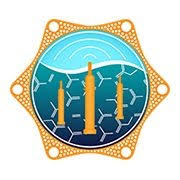
A network of 500 biogeochemical Argo floats approved through a $53 million grant from US National Science Foundation
Friday, 30 October 2020
We are excited to share with you the news that the US National Science Foundation (NSF) has approved a 53 million USD grant to a consortium of five top US ocean-research institutions to build a global network of 500 floats equipped with biogeochemical sensors. The new network, called Global Ocean Biogeochemistry Array (GO-BGC Array), will be a 5-year effort to extend autonomous biological and chemical observing globally. It builds on the two ongoing efforts to monitor the ocean using robotic floats: the international Argo programme and the US Southern Ocean Carbon and Climate Observations and Modeling (SOCCOM) program. You can find more information about the new project at: https://www.go-bgc.org/
For more information, see the press release.
GO-BGC Array is NSF’s contribution to the international Biogeochemical Argo network which aims to grow to a sustained array of 1,000 biogeochemical floats uniformly distributed around the world ocean, and spaced about 1,000 kilometers apart.

Global Nitrous Oxide Budget 2020 published
Thursday, 29 October 2020
We are pleased to inform you that the Global Carbon Project (GCP) has published a comprehensive Global Nitrous Oxide Budget. The effort was supported by 57 contributors from 48 organisations and 14 countries. You can find relevant papers, highlights, data and additional resources at: https://www.globalcarbonproject.org/nitrousoxidebudget
The primary reference for Global Nitrous Oxide Budget 2020 is:
Hanqin Tian et al. (2020). A comprehensive quantification of global nitrous oxide sources and sinks. Nature, DOI:10.1038/s41586-020-2780-0

2021 Call for SCOR Visiting Scholars
Monday, 14 September 2020
We would like to let you know that SCOR is receiving applications for the 2021 Visiting Scholar program. The Program supports Ph.D. level ocean scientists from developed and developing countries to teach short courses and provide extended on-site education and mentorship at developing country institutions. More information about the call, criteria for review and the application form can be found HERE.
Deadline for applications: 1st December 2020. Applications should be sent to: This email address is being protected from spambots. You need JavaScript enabled to view it. (Cc: This email address is being protected from spambots. You need JavaScript enabled to view it.)
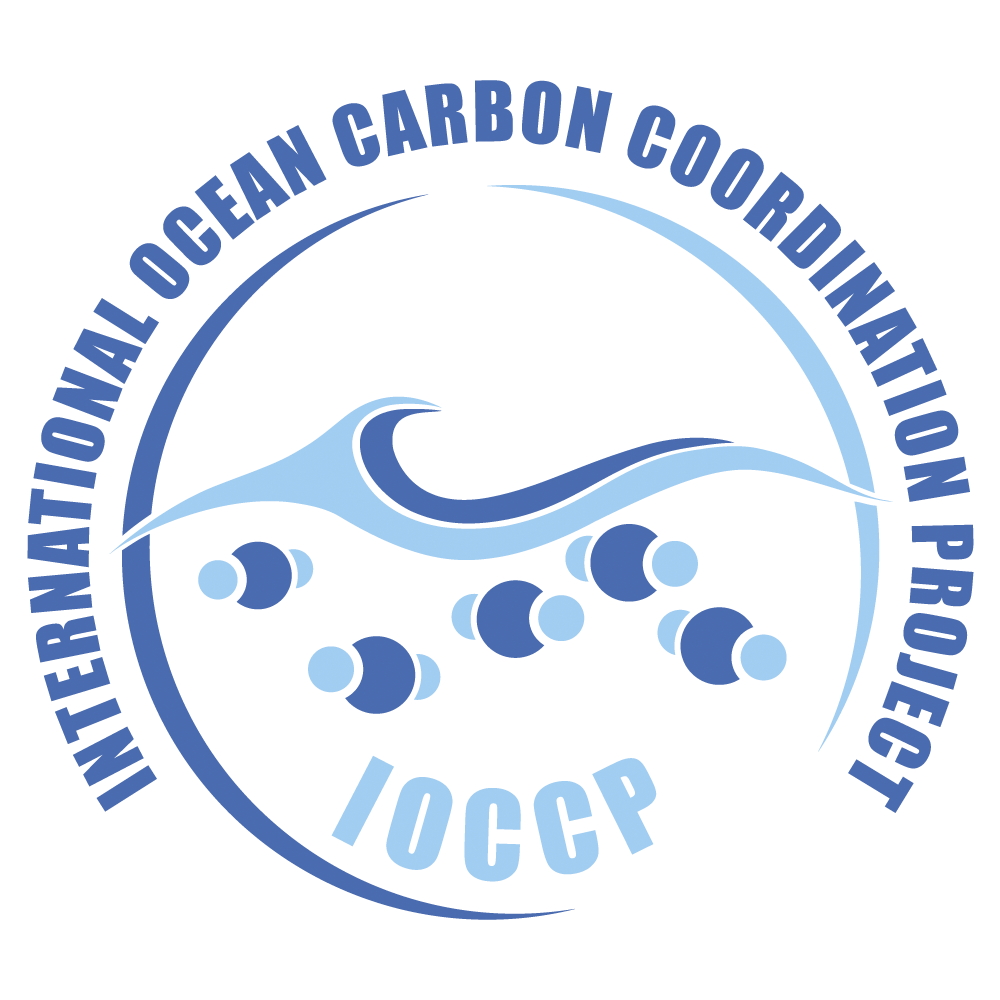
New IOCCP-relevant peer-reviewed papers on our website
Monday, 07 September 2020
If you're looking for some recent IOCCP-related peer-reviewed publications, remember that you can periodically check our website. Under our Documents page you will now find a few interesting reads published in the recent months, dealing with revised estimates of ocean-atmosphere CO2 flux, estimates of anthropogenic carbon in the Arctic, biogeochemical measurements with autonomous platforms, updates to global synthesis products, and more.
The IOCCP promotes the development of a global network of ocean carbon observations for research through technical coordination and communication services, international agreements on standards and methods, and advocacy and links to the global observing systems. The IOCCP is co-sponsored by the Scientific Committee on Oceanic Research and the Intergovernmental Oceanographic Commission of UNESCO. Read more…
Calendar
|
|
IOCCP meetings, IOCCP-related meetings as well as events related to a wider scope in marine biogeochemistry. |



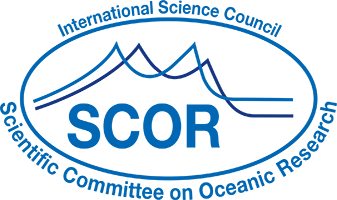

 Please wait...
Please wait...